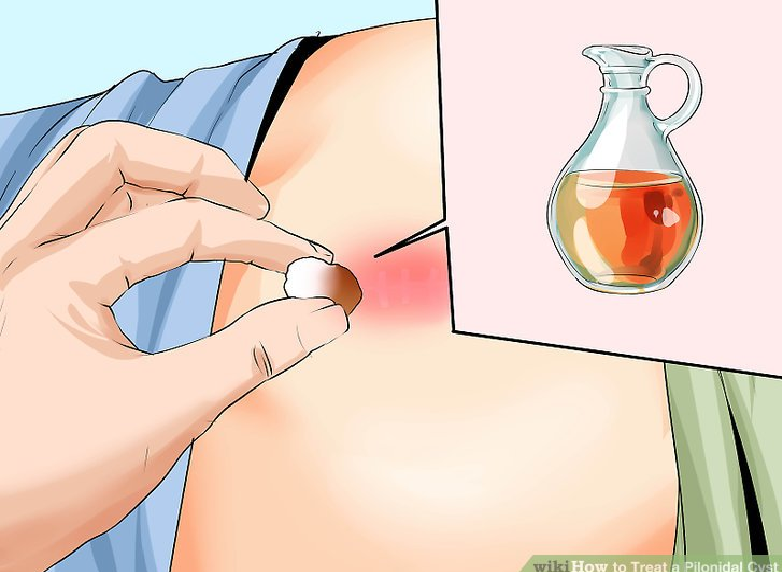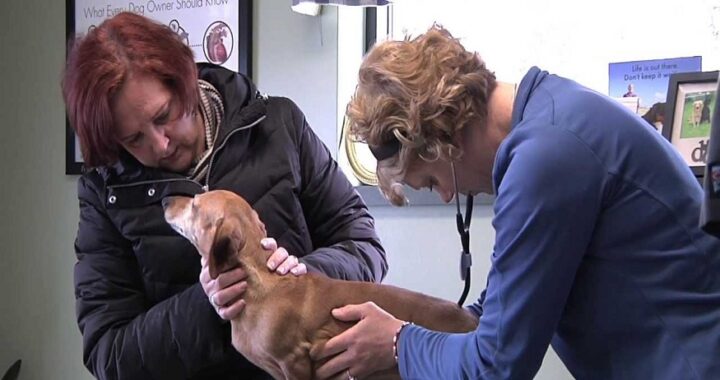Pilonidal sinus home remedy

Do you experience a sharp pain above your tailbone? Did you also experience a painful swelling in the region? All of these signs mean that you might be suffering from pilonidal cyst. If you are confused on how to deal with the problem, then don’t worry, this article will provide you with all the information about pilonidal cyst. If the problem persists then it’s better to look for a permanent treatment for pilonidal cyst.
Pilonidal cyst
A pilonidal cyst is an infection which forms at the top of the buttocks. The cyst can get developed due to irritation or because of ingrown hair. Sometimes these cyst gets infected which cause the pus to collect. The next part will tell who are susceptible to cyst.
Who can get pilonidal cyst?
- This can be due to family history of pilonidal cysts which is a contributing factor
- If you sit for longer periods, you can get pilonidal cysts as the amount of friction can cause a reaction to ingrown hairs
- You can get cyst if you have thick body hair
Medical treatment for pilonidal cyst
The doctor will perform a simple procedure to drain out the cyst. This will numb the affected area and the doctor will make a small incision to drain the cyst. Once all the fluid is drained out, the doctor will close the wound with stitches. They may also prescribe some antibiotics. You should go for the pilonidal cyst treatment as soon as possible.
Natural remedies to treat pilonidal cyst
Warm compress
By using hot compresses a few times a day can help to soothe the inflammation. The heat from the washcloth enables the cyst to drain the puss, which relieves the pain. You will need 1 sterile washcloth and one bucket of warm water. You can begin by soaking a sterile washcloth in hot water, then place the warm cloth on the affected area for some minutes. Repeat this procedure until the pain goes away.
Tea-tree oil
Tea tree oil possess anti-inflammatory properties. These properties will help to reduce inflammation and prevent the infection which promotes the healing faster. You will need a few drops of tea tree oil, warm water. Now use the water to dilute tea tree oil. Next step is to dilute the oil. Apply this mixture to the affected area and leave it for 10 minutes. Rinse thoroughly with lukewarm water. Now, dry the area completely.
Epsom salt
The magnesium present in the epsom salt can help to reduce the inflammation. Epsom salt will not reduce the pain but it will also promote the expulsion of the pus from the cyst. You will need 1 cup of epsom salt, now add a cup of epsom salt to a freshly drawn warm bath, soak your body in the mixture for 10 minutes.
Apple cider vinegar
Apple cider vinegar has antimicrobial properties. So, it will help to prevent the pilonidal cyst from getting affected. So, the cyst will heal completely. You will require apple cider vinegar and a cotton ball. Now, dilute the apple cider vinegar with water, soak a cotton ball in diluted vinegar. Place the cotton ball on the affected area and press gently. Secure this with band-aid and rinse the affected area.
Turmeric
Turmeric contains curcumin which helps to reduce the inflammation and it relieves the pain in the affected area. You will need 1 tablespoon of turmeric powder. Now, add water to turmeric powder to make a paste, apply this paste to the affected area, leave it on till it dries. Rinse the affected area thoroughly.
Aloe vera
According to research, aloe vera exhibits anti-inflammatory properties. These properties can help to reduce the pain and irritation of pilonidal cysts. You will require an aloe vera gel, apply aloe vera gel to the affected area, leave this for 20 minutes. Rinse off with plain water.
Fenugreek
A fenugreek extract can reduce the size of cyst and volume in patients with polycystic ovary syndrome. You will require 1 tablespoon of fenugreek seeds, glass of boiling water. Now, boil the fenugreek seeds in water, strain the extra water and consume them. Consume this daily which will surely reduce the symptoms.
Burdock root
Burdock root is an excellent home remedy for several skin infections. It contains active compounds which flush out the toxins from the body and help in alleviating the symptoms of pilonidal cysts. You will need ½ teaspoon dried burdock root powder and 1 tablespoon of honey. Now, mix half a teaspoon of dried burdock root powder and 1 tablespoon of honey, apply this paste on the affected area and leave it for a few hours.
Following the procedures which are given above will ensure quick recovery. If they are left untreated, they may lead to life-threatening infections. So, it’s important to consult a doctor who will suggest the best course of action for pilonidal cysts.
author name: Dr. Pankaj Sareen
author bio: Specialist in Laser Proctology(Piles, Fissure and Fistula) and Varicose Veins

 WHAT IS A VASECTOMY? EVERYTHING YOU NEED TO KNOW
WHAT IS A VASECTOMY? EVERYTHING YOU NEED TO KNOW  Vaccination Schedules For Cats And Dogs: What Every Pet Owner Should Know
Vaccination Schedules For Cats And Dogs: What Every Pet Owner Should Know  The History and Cultural Significance of Ayahuasca
The History and Cultural Significance of Ayahuasca  Understanding Common Health Issues in Small Animals: Insights from a Veterinarian’s Perspective
Understanding Common Health Issues in Small Animals: Insights from a Veterinarian’s Perspective  Navigating Your Pet’s Health: What to Expect from Your General Veterinarian
Navigating Your Pet’s Health: What to Expect from Your General Veterinarian  The Role of Veterinary Hospitals in Preventive Care
The Role of Veterinary Hospitals in Preventive Care  Tennessee Men’s Clinic Highlights the Transformative Power of Fitness on Men’s Lives
Tennessee Men’s Clinic Highlights the Transformative Power of Fitness on Men’s Lives  Behind the Scenes: A Day in the Life of a Veterinary Hospital Staff Member
Behind the Scenes: A Day in the Life of a Veterinary Hospital Staff Member